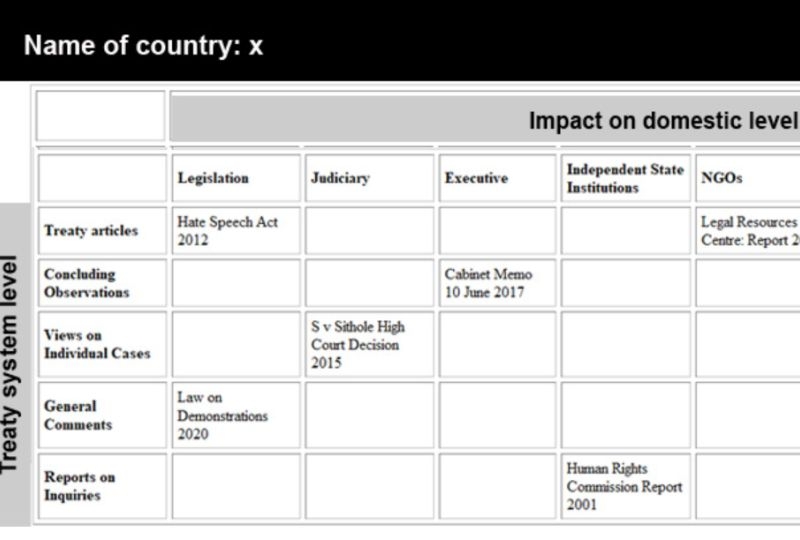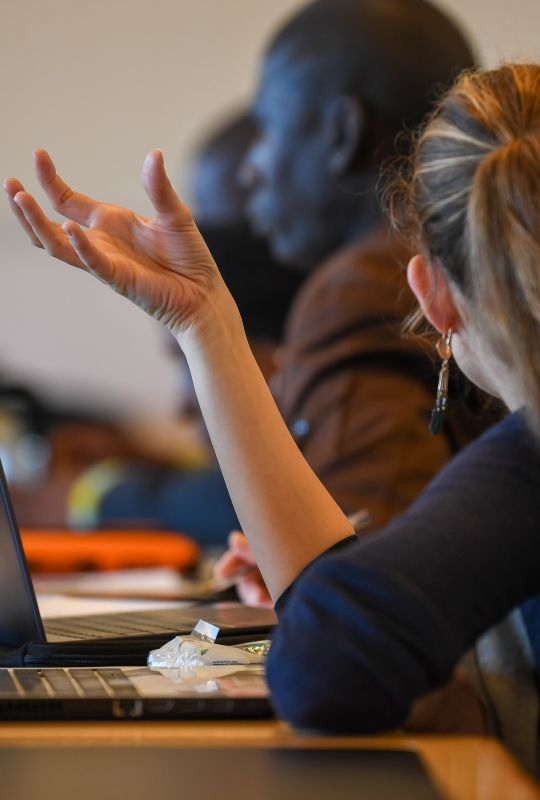In 2021, the research team will develop a network of core partner universities – around 50 with one per country –, which will act as national focal points for the database. Throughout the year, selected national focal points/partner universities will be trained on how to collect ‘country documentation’.
Clinical groups at leading universities such as Harvard, the Geneva Academy, Bristol and others have already started to participate by collecting such information.
At the Geneva Academy, a team of students from the LLM programme is already working on the identification of TB impact in a number of selected countries, under the supervision of Dr Domenico Zipoli and the GHRP team. Furthermore, 20 contacts have already been established through an edited book initiative led by Professors Christof Heyns, Frans Viljoen and Rachel Murray on the impact of the UN human rights treaty system on the domestic level (forthcoming, 2021).









